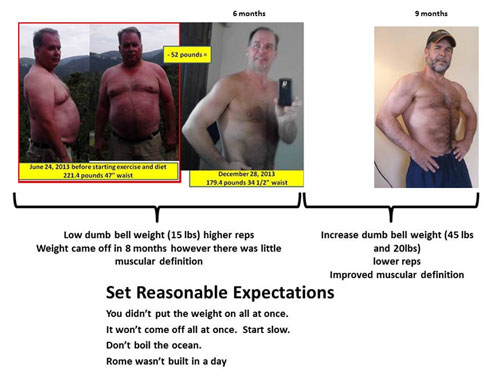Child Obesity Genetics
Obesity tends to run in families, suggesting that it may have a genetic cause. However, family members share not only genes but also diet and lifestyle habits that may contribute to obesity. Separating these lifestyle factors from genetic ones is often difficult. Still, mounting evidence points to heredity as a strong determining factor for obesity.
Obesity rates have doubled in the last twenty years, and in children the rate has tripled, according to research conducted by the American Dietetic Association. Obesity is much more than simply a cosmetic problem. Being considerably overweight causes serious health problems, and when obesity starts in childhood, unfortunately it often sets the child up for a lifetime of poor health.
Research indicates that the rates of obesity have, at best, doubled with some sections of society. But among children, the rate of obesity has tripled. People who suffer from obesity cannot just slough it off as an appearance issue. They need to educate themselves about the possible health consequences of being overweight. This is even more important in children who become obese at an early age.
Childhood obesity is caused 77% by genetic makeup and only 23% by lifestyle and environmental factors. Newspapers love these Nature vs. Nurture arguments as they can fill their pages with endless pontificating and claim it's based on fact.
The obesity is a world wide problem. It is increasing at an alarming rate among people of all ages, genders, races and countries. When the Body Mass Index (BMI) is greater than 30 kg/square meter in a person, that person is classified as obese. The officially accepted reasons of obesity are genetics, behaviour and endocrine. So far the infectious etiology has not been explored fully. The study of viral infection as a cause of obesity was done on animals and humans. The results were published in respected journals. It is quite clear that viruses can not be ruled out as a cause of fattening in humans.
Obesity may seem harmless enough, but when you investigate its health implications you realize just how bad it is. Try these examples for size:
1. Young people that have a Body Mass Index (BMI) of 35 or more have double the risk of death compared with people the same age that have a normal BMI.
2. Obese people are much more likely than 'normal' weight people to suffer from high blood pressure and other cardiovascular problems, increasing the likelihood of dying prematurely due to Myocardial Infarction (heart attack) enormously - 1.5 times the normal risk for men and 3.2 times the normal risk for women.
3. Being obese has been shown to greatly increase the risk of contracting many forms of cancer, including cancer of the colon - 3.0 times the risk for men and 2.7 times the risk for women, compared with non-obese people.
4. Obesity greatly increases the risk of contracting Type 2 Diabetes - by 5.2 times for men and a massive 12.7 times for women.
You can blame your obesity on is genetics. Other members of your family may have or still do suffer form obesity. This is in no means an excuse to get big but rather it should be a good warning that you have to be extra careful in watching your weight
-
Challenges before weight loss
Starting a weight loss regime could be strenuous. It requires will pow
-
Will Diet Tea Help You Lose Weight?
With the percentage of persons who may b
-
Watching the Waistline in Winter
You open the front door to embark upon your regular morning ru
-
Weight Loss & Fasting - Mastering Hunger
Hunger exists to keep us alive, but it also can morph into a destru
-
How to Cut Calories Gradually
In order to lose weight, having a well-balanced diet is a must. Of cou
-
Drink Juice, Lose Weight
Drinking at least one glass of low sodium vegetable jui
- DON'T MISS
- How To Start Losing Weight After Having A Baby
- Informative Ideas To Burn Fat Fast
- Lose Weight And Stay Healthy With These Tips
- Gradual Weight Loss Is Best
- Hypnosis for Weight Loss: Could This Be the Support Tool You Need to Achieve Diet Success?
- Cheat Your Way Thin
- What It Takes To Lose Weight
- How to Choose the Best HGH Supplements?
- What Makes Pure Green Coffee Bean Extract 800 mg Very Effective For Weight Loss
- Fit For Life A NoNonsense Look At Fitness




